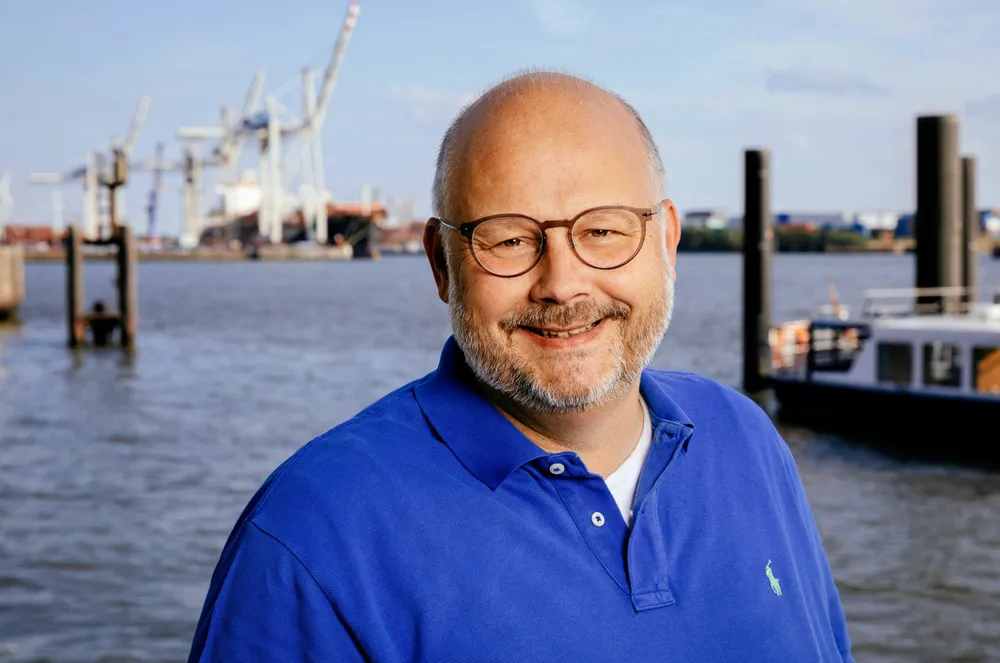Threat to German wind power growth from lack of skilled workers: union
Survey among companies with combined 28,600 staff shows that four in five wind businesses have difficulties filling vacancies

The lack of specialised, skilled workers is so acute in the German wind industry that it could impair the expansion of wind power in the country, a survey commissioned by metal workers union IG Metall said.
More than 82% of 30 businesses polled said they have difficulties filling job vacancies, and only 41% of the companies were able to fill all training places offered.
The situation was particularly dire in businesses without collective bargaining agreements, said Daniel Friedrich, district manager of the coastal section of IG Metall.
"Only one in six companies there was able to fill its apprenticeship positions."
In order to compete for skilled workers, many companies are already taking additional measures to improve working conditions, for example through attractive working time models or cooperation with schools and universities.
The survey was conducted by works councils in 30 companies with a combined staff of 28,600 people in the run-up to the WindEnergy Hamburg exposition next week.
The results also showed that while many works councils are optimistic about the future, many companies are also in a state of upheaval. More than half of them (52%) have carried out restructuring or reorganisation in the past twelve months or are currently planning to do so. In addition, many companies have relocated or are planning to do so.
"This shows that the domestic wind industry needs to be strengthened across the entire value chain. We need the technology here in Germany to ensure an independent and climate-friendly energy supply," Friedrich said.
The union said, according to the survey, there has been progress in regard to collective bargaining, for example with wind turbine manufacturer Vestas and offshore wind farm operator Orsted.
Among pure-play wind companies, which generate 100% of their turnover in the wind sector, collective bargaining coverage among the participating companies rose from 44 to 50%.
"We are sticking with it and will continue to work with our colleagues from the companies in the wind industry to achieve better working conditions with collective bargaining," said Friedrich.
(Copyright)